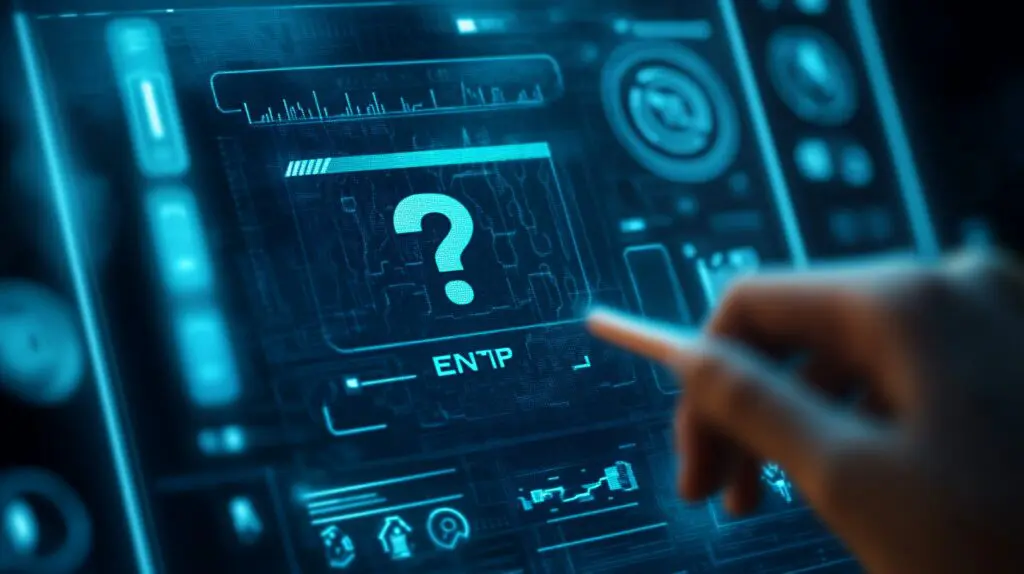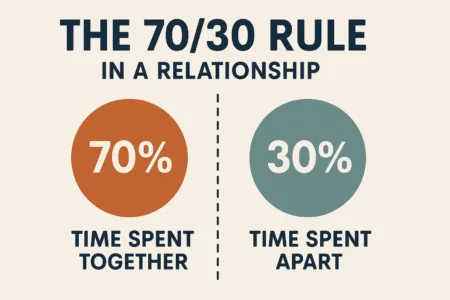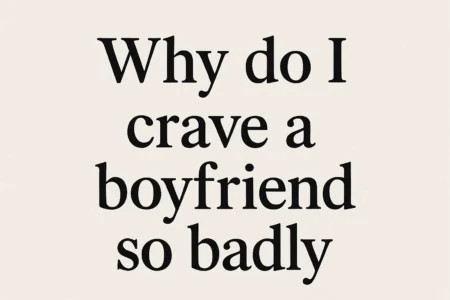Scroll through pretty much any dating app or social platform these days, and you’re bound to see them: those mysterious four-letter acronyms tacked onto the end of bios. INFJ. ENTP. ISTP. Yep, we’re talking about the Myers-Briggs Type Indicator, or MBTI. It’s everywhere! Now, let’s get one thing straight upfront – the MBTI isn’t exactly hardcore, peer-reviewed science. It’s more like a popular framework, a way people think about personality.
But science or not, loads of people find it useful, relatable, or just plain fun. Especially when building an online profile, slapping your MBTI type on there can feel like an easy way to say something about yourself. But is it a good idea? Does it help, hinder, or just… exist? As with most things online, it’s complicated. If you’re a woman wondering whether to add those letters to your own profile, you’re not alone. Let’s unpack 13 Reasons Women Might (Not) Add MBTI to Their Profile.
The “Why Add It?” Camp: Reasons to Share Your Four Letters
Why do so many women choose to put their MBTI type out there? There are actually quite a few potential upsides, depending on what you’re hoping to achieve.
- Easy Conversation Starter: Let’s be real, sometimes starting a chat online is awkward. Seeing “Oh, you’re an ENFP too!” or “Interesting, I always get along well with ISTJs” can be a simple, low-stakes way to break the ice. It gives people an immediate, specific thing to comment on.
- Quick Self-Expression Snapshot: Trying to capture your whole personality in a tiny bio box is tough. For some, dropping their MBTI type feels like a handy shorthand. It’s like saying, “Here’s a quick glimpse into how I tick, the kinds of things I value, or how I approach the world,” without having to write a novel.
- Seeking Specific Compatibility (or Trying To): Some people genuinely believe certain MBTI types just click better than others, whether for romance or friendship. Adding your type might be a way of signalling, “Hey, fellow compatible types, come find me!” or hoping to attract someone who ‘gets’ your supposed type’s needs.
- Filtering Tool (Maybe?): On the flip side, some might use their MBTI type almost like a filter. Maybe they believe certain types clash horribly, and they hope putting their own type out there will gently encourage incompatible types to keep scrolling. It’s a way of trying to pre-qualify connections, for better or worse.
- Fun & Playfulness: Sometimes, it’s really not that deep! Adding an MBTI type can just be a lighthearted thing, like sharing your Hogwarts house or zodiac sign. It adds a bit of personality flair and shows you don’t take yourself too seriously (even if you secretly spent hours reading type descriptions).
- Feeling Understood / Finding Your Tribe: Reading an MBTI description and feeling like “Whoa, that’s totally me!” can be validating. Sharing your type online might be a way of looking for others who share that feeling, hoping to connect with people who seem to operate on a similar wavelength. It’s a search for belonging.
- Signaling Self-Awareness: Rightly or wrongly, putting your MBTI type on your profile can signal that you’ve spent some time thinking about yourself, your preferences, and how you interact with others. It suggests a level of introspection, which can be an attractive quality.

The “Maybe Not…” Camp: Reasons to Keep it Private
Of course, plastering those four letters on your profile isn’t without its potential downsides. There are plenty of valid reasons why women might choose not to share their MBTI type.
- Risk of Stereotyping: This is a big one. You put “INFJ” and suddenly people assume you’re a mystical unicorn who only speaks in metaphors, or “ESTJ” and they think you’re a heartless robot boss. People might slap lazy stereotypes onto you based on four letters, ignoring the actual human being behind the profile. You risk getting pigeonholed.
- Potential for Misinterpretation: Let’s be honest, not everyone who sees your MBTI type actually understands what it means, how the test works (or doesn’t), or the nuances involved. Someone might have a completely wrong idea about your type based on a bad internet meme or a weird personal experience.
- It’s Not Exactly Science…: This bears repeating. The MBTI lacks strong scientific validity and reliability. Basing connection potential heavily on it is building on shaky ground. If you’re looking for genuine compatibility insights, relying solely on MBTI might be misleading. Knowing this might make you hesitant to give it prime profile real estate.
- Can Limit Potential Connections: Someone might see your type, decide (based on stereotypes or their own limited understanding) that you’re “not compatible,” and swipe left or scroll past without ever reading your bio or looking at your pictures. You might miss out on connecting with awesome people who don’t buy into MBTI compatibility theories or who would have loved the real you.
- Personality is Fluid!: Are you the exact same person you were five years ago? Probably not. People grow, change, and adapt. Plus, many people find they test differently at different times or feel like they’re a mix of types. Your MBTI result might feel like an ill-fitting box after a while.
- Oversimplification of You: Ultimately, you are so much more complex, interesting, and unique than any four-letter code can possibly capture. Reducing yourself to a type, even just on a profile, can feel limiting. Why give people a simple label when you could show them the fascinating, multifaceted reality through your actual words and actions?
So, To Type or Not To Type?
There you have it – a whole bunch of reasons why adding your MBTI to your profile might feel right, and just as many for why it might feel wrong. Like most things related to presenting ourselves online, there’s no single “correct” answer.
Maybe it comes down to why you’d be adding it. Is it a fun, lighthearted addition? A genuine attempt to find like-minded folks? Or are you hoping it does the heavy lifting of personality description for you?
Perhaps the best approach is to focus on making the rest of your profile – your photos, your bio, the way you describe your interests and passions – authentically reflect who you are. Let those things tell your story. If adding your MBTI type feels like a fun little extra on top of that, cool. If it feels limiting, inaccurate, or just not necessary? Skip it.
Ultimately, you get to decide how you want to represent yourself. You’re the complex, interesting person behind the screen – way more than just four letters.
Frequently Asked Questions
How should one decide whether to include their MBTI type on their social or dating profile?
The decision should depend on personal comfort and purpose; if adding it feels fun and authentic, it can be included as a lighthearted detail. If it feels limiting or misleading, it’s perfectly fine to leave it out and focus on showcasing your true self through your profile.
Is it scientifically valid to rely on MBTI types for dating or social compatibility?
The MBTI is not considered a scientifically rigorous tool for determining personality or compatibility because it lacks strong scientific validity and reliability. Using it as a primary basis for connection decisions may be misleading.
Can adding an MBTI type on a profile help or hinder genuine connections?
Adding an MBTI type can help start conversations or express personality traits quickly, but it can also hinder connections if it leads to stereotyping, misinterpretations, or if it oversimplifies a person’s complex identity, potentially causing missed opportunities with compatible individuals.
What are the main reasons women might decide not to include their MBTI type on their profiles?
Women might choose not to share their MBTI type to avoid stereotyping, prevent misinterpretation, because the MBTI lacks strong scientific backing, to avoid limiting potential connections, due to personality fluidity, or because they feel it oversimplifies their complex identity.
Why do some women choose to add their MBTI type to their dating or social profiles?
Some women add their MBTI type to their profiles to facilitate easier conversations, provide a quick self-expression snapshot, signal compatibility interests, filter potential matches, inject some fun into their profile, find a like-minded community, or showcase their self-awareness.





